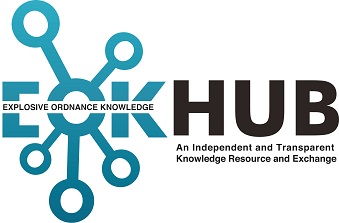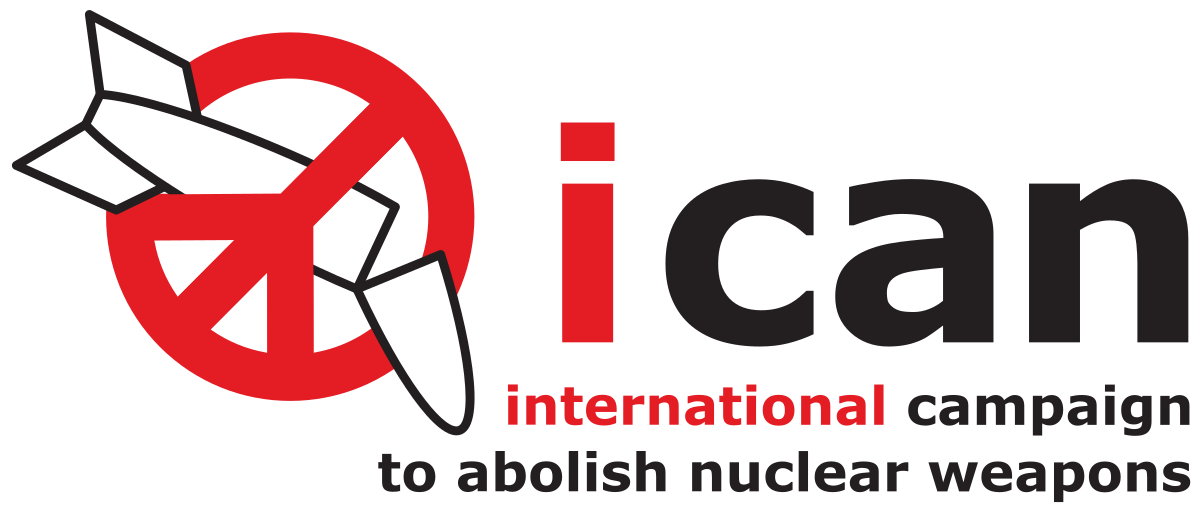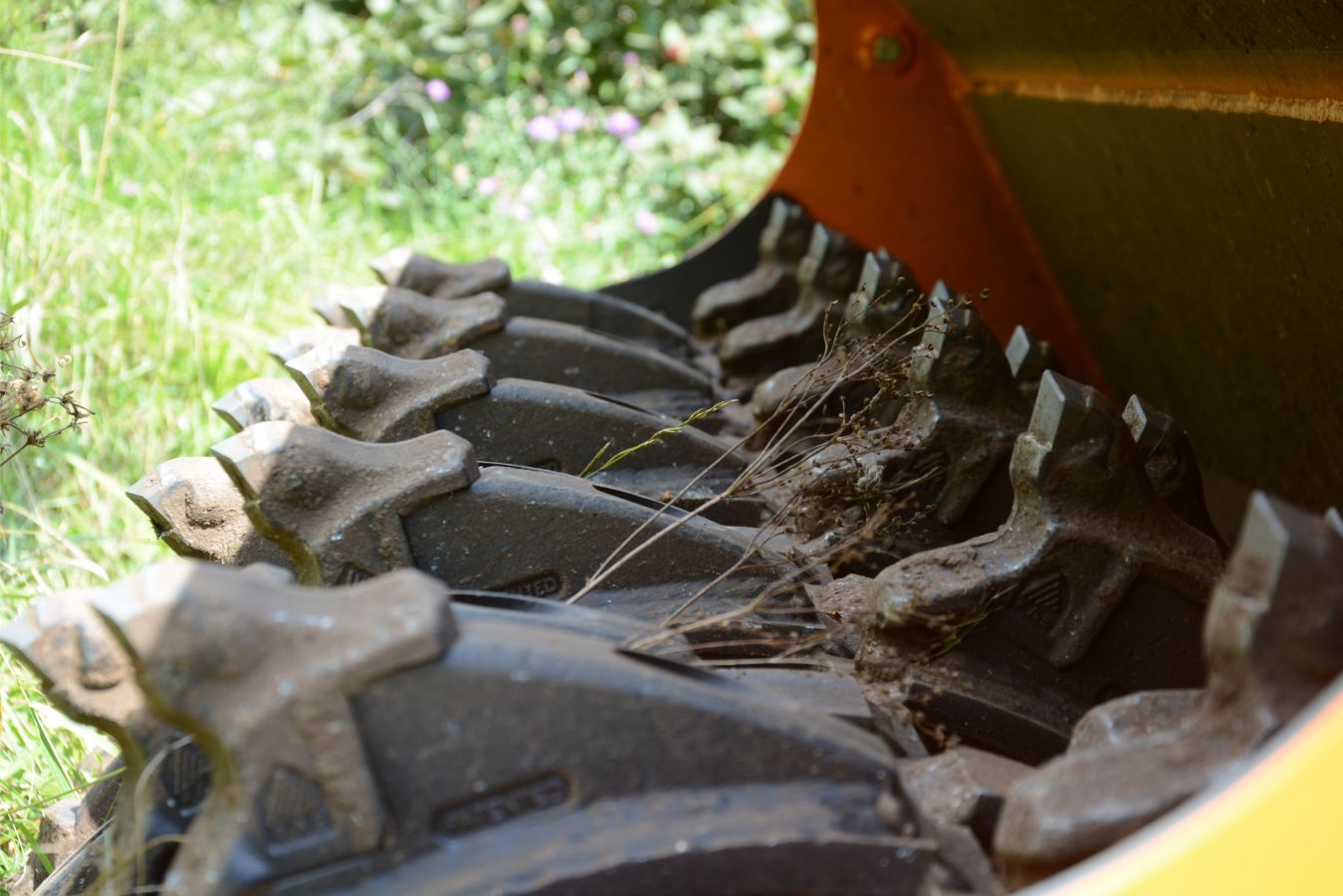EOK HUB: ICAN’s ambitious objective to abolish nuclear weapons can seem audaciously lofty. Yet you were able to push a ban treaty through in the United Nations on July 7th, 2017. What underpins your essential argument in convincing States of the importance of taking action?
DH: “Our whole framing for initially embarking on reframing the nuclear weapons debate centered around humanitarian consequences of nuclear weapons. Developing a new legal instrument, such as a treaty or convention, to prohibit them was inspired by previous campaigns that worked on prohibitions that worked through a humanitarian lens as well, such as the campaign that prohibited land mines and cluster munitions in the 90s and the 2000s respectively. In those cases a group of states banded together and sought to establish a new norm of state behavior. What you also saw was that the states that were the main perpetrators of that issue of the use of landmines and cluster munitions were against prohibiting them. It was not a process that was led by the evildoers, if you will, and that is something that is applicable for nuclear weapons as well.
“What we have observed over the last several decades is that States have been on the outside looking in, criticizing the pace of disarmament, criticizing the nonsense that the nuclear weapons states are spewing, but ultimately coming from a position of weakness, not having any power. The typical recourse has been to criticize nuclear weapons states, which in turn, just pass on the criticism to each other. However, by getting states to feel that they are themselves enfranchised to take the lead on nuclear disarmament, you can make progress, just as we saw with cluster munitions and landmines. It’s about developing new norms of state behavior, which may initially be ignored or laughed at by nuclear weapons states and their allies. Yet we are already seeing that, even without the nuclear weapons states on board, we are already changing state behavior.”
EOK HUB: A Nobel Prize brings significant international attention and resources. Where did you focus this new energy right after receiving the award? How do you think this focus will evolve in the next five years?
DH: “What we usually say is that the goals and in some ways the methods remain the same after the Nobel Peace Prize. It’s just that the prize and the corresponding credibility –the aura it brings – in some ways allows you to elevate everything you do. It all takes on a different dimension. A concrete example is that we frequently speak with governments to try to convince them. So instead of only getting meetings with disarmament representatives in Geneva, we now get a meeting with a foreign minister or in certain cases the head of state. So obviously everything is elevated to a higher level, which is extremely useful. It also allows us to form partnerships with bigger entities: other powerful civil society networks, you know big names in the humanitarian field or private entities as well which want to capitalize on goodwill for their own purposes. It allows us to do much more. Our partnership is getting much deeper now with the ICRC. The whole Red Cross Red Crescent movement is something that we work with shoulder-to-shoulder now, as well as other agencies like Amnesty International or the International trade Union Confederation. It is these kinds of big entities, which already have folks on so many other issues; they are the ones who are keen and eager to work with us on the ban treaty.”
EOK HUB: ICAN is more than just a team of people in Geneva. Tell us about your broader structure. How does this help you achieve your objectives?
DH: “We have a small staff team that’s based in Geneva, which consists of around ten people now, so we’ve grown quite a lot over the last couple of years. At our lowest point we were about three people. The real strength and the real character of ICAN – which you can get from the name – is that we are a campaign coalition. We have almost 560 partner organizations in over 105 countries around the world. These are not just nuclear weapons disarmament activists; they have lots of other focuses. Some have a strong environmental focus, some work primarily on financial transparency; some are kind of a traditional disarmament organization that works on landmine clearance. They form a broad spectrum of organizations, which is very appropriate because the nuclear weapons issue itself is such a broad issue and touches so many different fields. It makes sense to have a coalition of voices that speak from different perspectives. Some are quite big humanitarian actors and others are very small, such as a couple professors running a center at a university. We don’t presume from our staff team in Geneva to tell these collaborators how to do their work. Instead we try to help them to be most effective and give them information they need as well as tools or activities that they can jump on board with.
“The Cities Appeal (http://nuclearban.org/cities) is the most recent example of that. It’s an appeal, a means for cities and other municipalities to indicate their support of the Treaty on the Prohibition of Nuclear Weapons and to get their governments to support it as well.”
EOK HUB: How can our readers, be they individuals, heads of organizations, or politicians, support this cause?
DH: “We’ve noticed a general trend of people becoming disillusioned with national politics. But the good thing is it hasn’t led to apathy, instead making people more interested in local politics, and having their local government speak out on issues. We see that very clearly with the Climate Change issue – cities have taken a real lead on climate change. And there is a lot they can do as cities. That’s similar for nuclear weapons; it’s not just a random capitalization on the Zeitgeist. Cities are actually the main targets of nuclear weapons. Nuclear weapons are intended to flatten cities. That’s their purpose. You don’t use a huge nuclear weapon to wipe out a small military base; you use it to threaten to destroy a city. So it makes sense that cities or city leaders speak out about it, especially if their governments are complicit in nuclear weapons security arrangements. We are looking mainly at countries in Europe who are in military alliances with the United States, which either host nuclear weapons in a few examples, or claim that it is acceptable that the US uses nuclear weapons on their behalf. Primarily that’s NATO states, but also South Korea, Australia, and Japan. There are also more opaque cases such as Russia and their allies, but those are not as clear-cut as with the US and their allies.
“We also have a parliamentary pledge (http://www.icanw.org/projects/pledge/). Legislatures in these difficult countries, so to speak, are the main actors for changing the government’s policy, and for putting the issue on the domestic political agenda. We have a pledge that parliamentarians or legislators can use. It’s a commitment with a series of suggested actions that include asking questions in parliament, starting a debate on an issue, initiating a study on what it would take for the government to join the treaty, or starting a motion. A successful example can be found in the Netherlands, which motioned for the government to participate in the negotiations for the treaty back in 2017, which the government did not want to do. So the government had its hands tied by the parliament and was forced to participate in negotiations even though they didn’t want to. It is a powerful example of democracy in action.”
EOK HUB: A recent report indicated that July was the hottest month ever recorded. What did you do this summer to escape the heat? What was your favorite summer drink?
DH: “To escape the heat I did what I do every summer, which is go north. I was in Sweden with my family, which was probably a little bit too cold for my liking, but it was quite nice in that way. My summer drink I’d have to say is an Old Pal, which is a variation of the Negroni, of course, with rye whiskey and dry vermouth.”
Further Reading
If you liked what you heard Daniel say and want to support this cause, you can find additional information on ICAN’s website: http://www.nuclearban.org/. Or you can check out this direct link for 5 things you can do to help achieve ICAN’s mission


